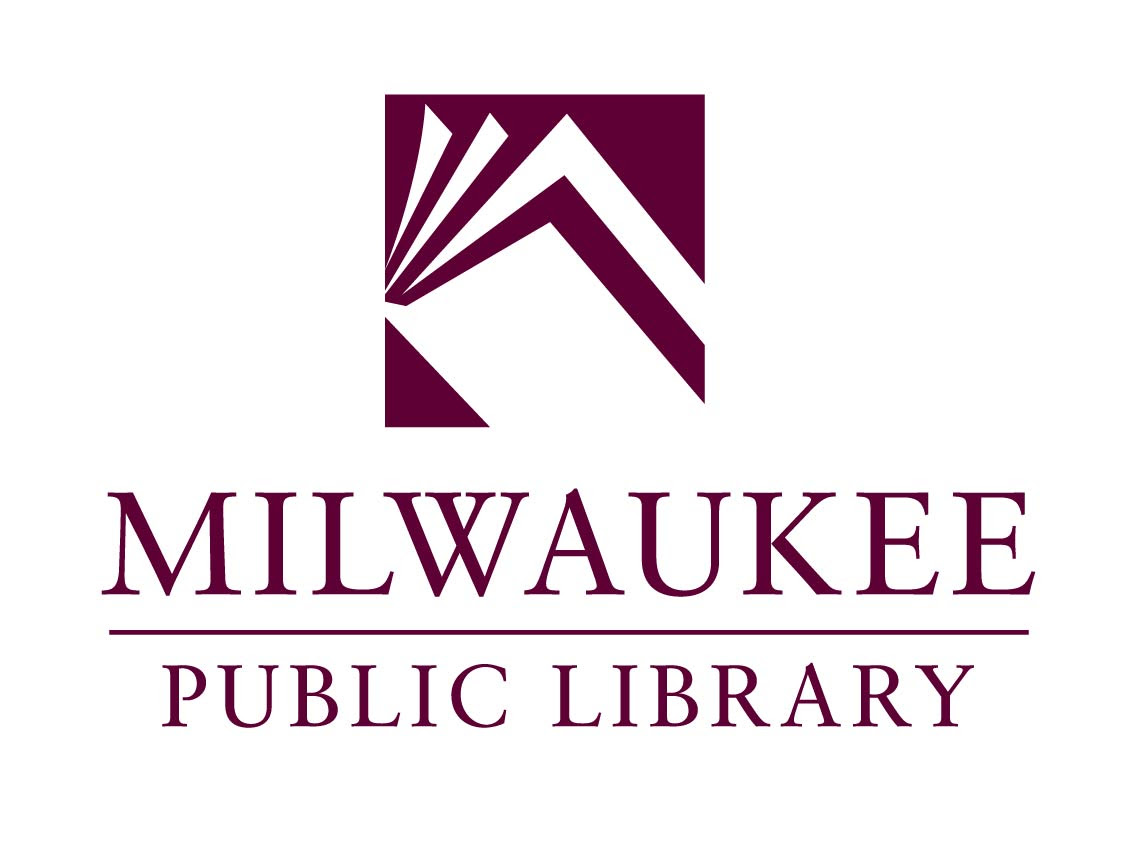Prepared Statement
Prompts Against Anxiety #30 | from Mike Hauser, author of Advanced Baby Syndrome (Sodear Press / Ugly Duckling Presse, 2018).
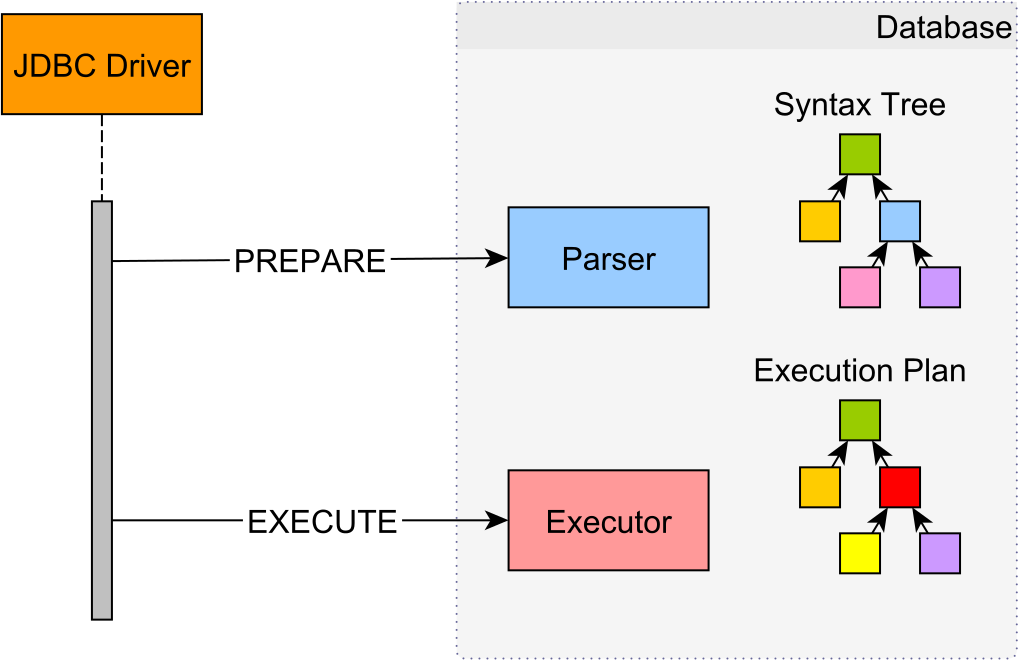
I’ve made a lot of poems that bear the name “Prepared Statement.” Originally, my impetus for doing so was necessity. In 2012, I signed up to host a radio show and realized I had no idea of what it would consist. So I figured, “jeez I better write something.” The pieces I wrote addressed my presumed audience (like an epistle, letter, or plea), were kind of pathetic (from pathos, which means “a quality that evokes pity or sadness”), and included information both “public” and “private.” The reality of their delivery—of writing for/through an interface, or having a microphone, or a “platform”—also affected the process and the writing itself. I was looking for a way to overlap subjectivity and objectivity that would help dissolve a traditional, egoistic self, yet also retain some directness. Over time, these pieces originally written for radio became poems. The show ended, but I kept at these poems called Prepared Statement.
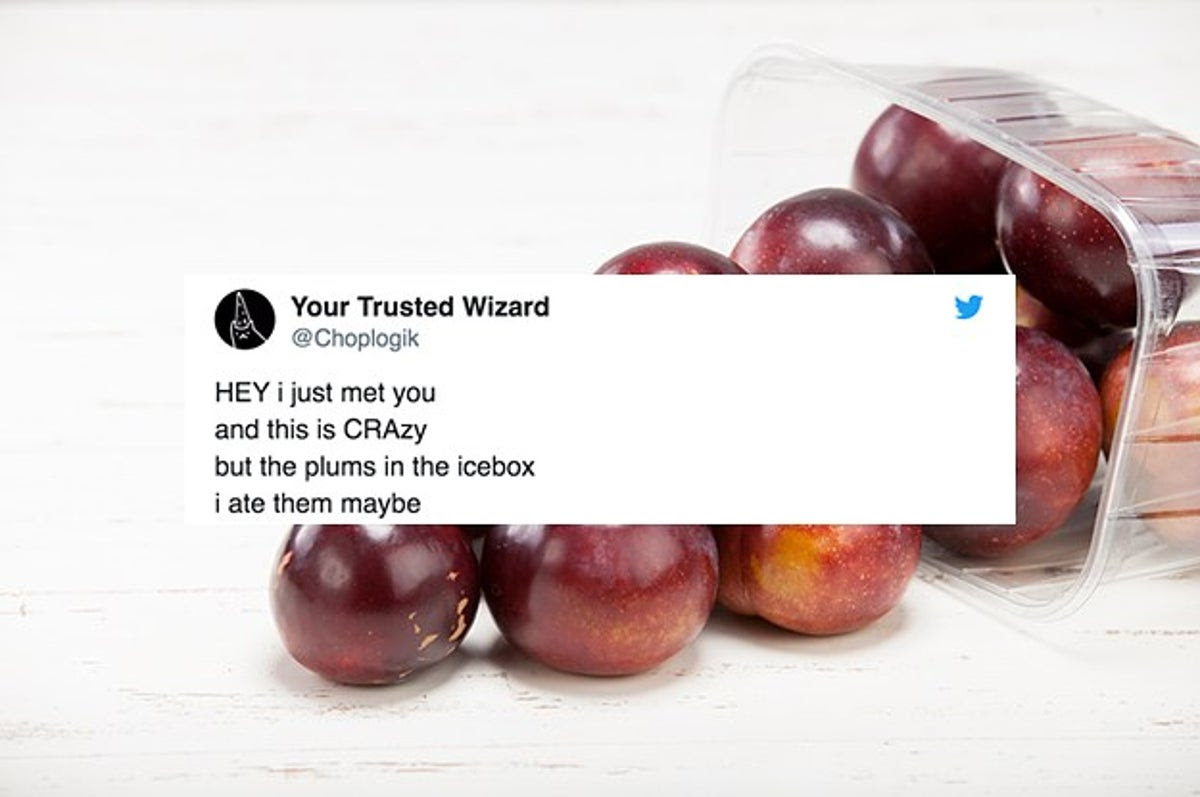
The most common kind of Prepared Statement—other than the kind presented in court or at a congressional hearing—is probably the type crafted for the purpose of damage control. A police department, government agency, business, organization (or representative thereof), sometimes a really famous person, will have been caught or called out for a wrong, harmful, or offensive action, and subsequently, often with the help of a PR team, craft a Prepared Statement, which is then “released” to the general public. Frequently, the purpose isn’t apologia so much as an attempt to justify or “change the conversation” surrounding said event.
A Prepared Statement can also work on the level of one person addressing another. William Carlos Williams’ famous poem “This Is Just To Say”: “I have eaten / the plums / that were in / the icebox // and which / you were probably / saving / for breakfast // Forgive me / so sweet / and so cold”. . . might in today’s context be considered a kind of Prepared Statement. The poem was written on a piece of paper and left as a real note for his wife, Flossie Williams. It was composed for the purpose of conveying a simple idea, but it became something more, broken into lines, contextualized as a poem by the author of several books of poetry. It spilled outside of its original purpose. Indeed, it’s now an Internet meme that translates seamlessly into “sorry not sorry.”
So what came to be most interesting for me was that a poem could present initially as such a conveyance of a simple idea, but then transgress those bounds. This, to me, is where the poetry happens, in that excess of other, less useful information. This transformation might happen via out-of-context ideas, or juxtaposition that opens new vistas in the writing.
We have a lot more interfaces through which we can make a poem now than Williams did, and I don’t know whether or not that’s inherently good or bad, but it’s definitely a thing. For example, you will also find the following definition of a Prepared Statement: In database management systems (DBMS), a prepared statement or parameterized statement is “a feature used to execute the same or similar database statements repeatedly with high efficiency.” For me, this definition speaks to the prevalence of algorithms and other automatic processes that interlope on our lives, and indeed, enter our writing. We’re only just beginning to understand how word processing and its preset templates for composition, compounded by connectivity, affect poetry and other language-informed arts.
This prompt is not intended to help you manage some public relations snafu. Rather, this prompt asks you to consider ways that the functionality of the Prepared Statement might become something else—how such a statement can actually transform into a kind of associative writing template, in which you add language or “content” from wherever, freighted with the added pathos of addressing a presumed audience.
Step 1: Locate a Prepared Statement and examine its rhetorical composition. Who is the intended audience for this statement, and what is the statement’s main purpose? What other objectives, overt or underlying, do you recognize? Look closely at each phrase and sentence, noticing how the language builds and works together to try to achieve the statement’s objective(s). Notice any repetitions and any turning points. Make a chart if it’s helpful. Underline or write down any phrases that sound “official” and any other language scraps of note. A sure way to find a Prepared Statement is by googling “prepared statement” and going to the News heading. You will find the definition of Prepared Statement that applies to code-writing under the All heading, and this might be useful too, an added layer having to do with the statement’s functionality as well as rhetoric and social context. But first it’s good to get the general context, and you will find that there are a lot of carefully crafted Prepared Statements in the News.
Step 2: Identify an argument and/or an audience you want to address in a Prepared Statement of your own. Do you feel like there’s something you want to explain but aren’t sure how or where to begin? Consider working with this as your argument. Or, look again at an already existing Prepared Statement. Do you find the statement to be disingenuous or wrongheaded—maybe you could play with its language and expose its dubious rhetoric? Once you’ve chosen a premise, consider who your potential listeners or followers might be, and don’t limit your imagination. Let the writing be a little ahead of you. You can start anywhere. For example, you might want to address your shoes, a dead poet, items in your medicine cabinet, or all of the books on your shelves you haven’t read. You can also address no one in particular. The argument and the audience you’re addressing do not have to make sense as a pair.
Step 3: Consider what kinds of supporting “evidence” you will include. What different kinds of information—public, private—could appear in your Statement? Make a list of talking points that strike a balance between the objective and subjective.
Step 4: Now draft your own Prepared Statement. Include some of the rhetorical devices and/or strategies you found in the example text, but also consider ways you might deviate from the template. For example, you might incorporate digressions that take the reader away from the original purpose of the address, or that supercede it. While Prepared Statements released by corporate institutions are often crafted to target a specific audience or demographic, and to steer the discourse, we want a Prepared Statement that does anything other than that. You might however start with a greeting, even one that feels unnatural or stilted, and then just keep writing without knowing what you’re going to say, or who you’re addressing. You could see it as writing past the official framing and presentation of the truth toward some other truth(s) that are irreducible, less given to “thoughts and prayers” with platitudes, and more toward a fuller picture of language and its capabilities in the world.
Prompts Against Anxiety is sponsored by Milwaukee Public Library, an anchor institution that helps patrons read, learn, and connect—to our resources and our community. Now more than ever, stay connected, stay home, and stay safe.
More from this series
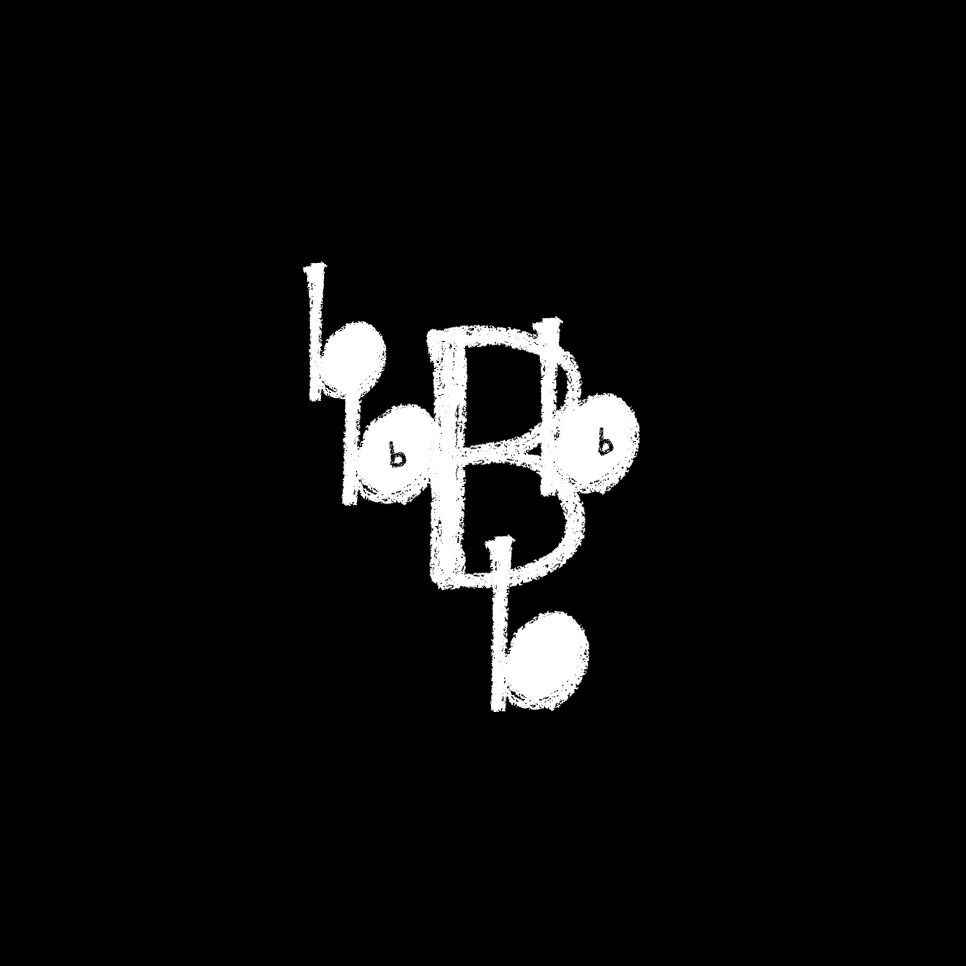
The Word was in the beginning but it is made of letters.Prompt #40—giovanni singleton

Write in NaturePrompt #39—Oogie Push

Real FoodPrompt #38—Joan Kane

You Don't Need Proust to Smell GoodPrompt #37—Elizabeth Hoover
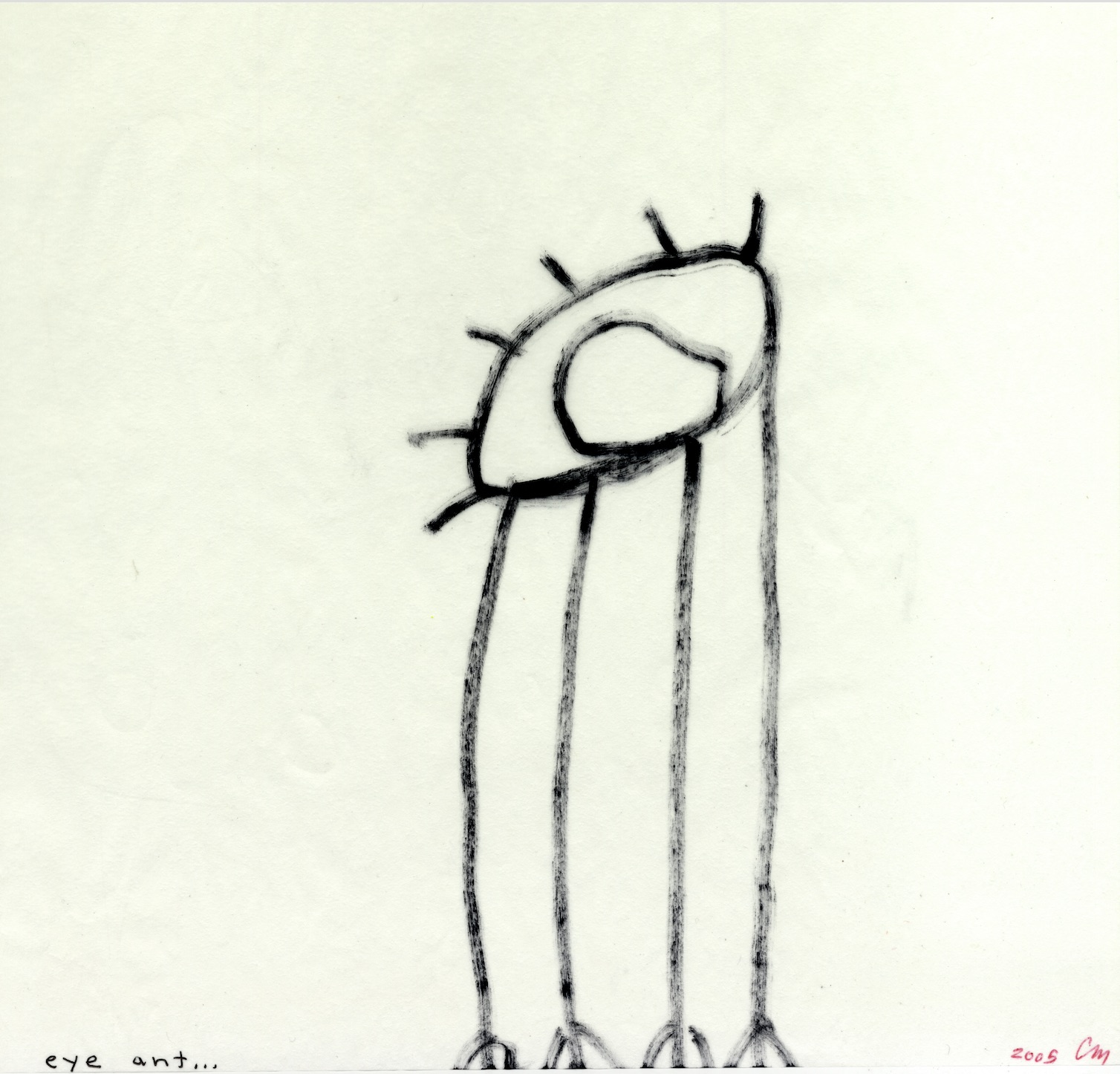
Find Your Own FormPrompt #36—Sawako Nakayasu

Tarot Recall: A Visionary Exercise for the PresentPrompt #35—Laurence Ross

Queers in Love at the End of the WorldPrompt #34—CJ Scruton

WORKBOOK FOR CHANGE: TWO PROMPTSPrompt #33—Kate Schapira

Preparation for the PromptPrompt #32—Lisa Fishman

Collage Your Own Writing PromptPrompt #31—Helen Hofling
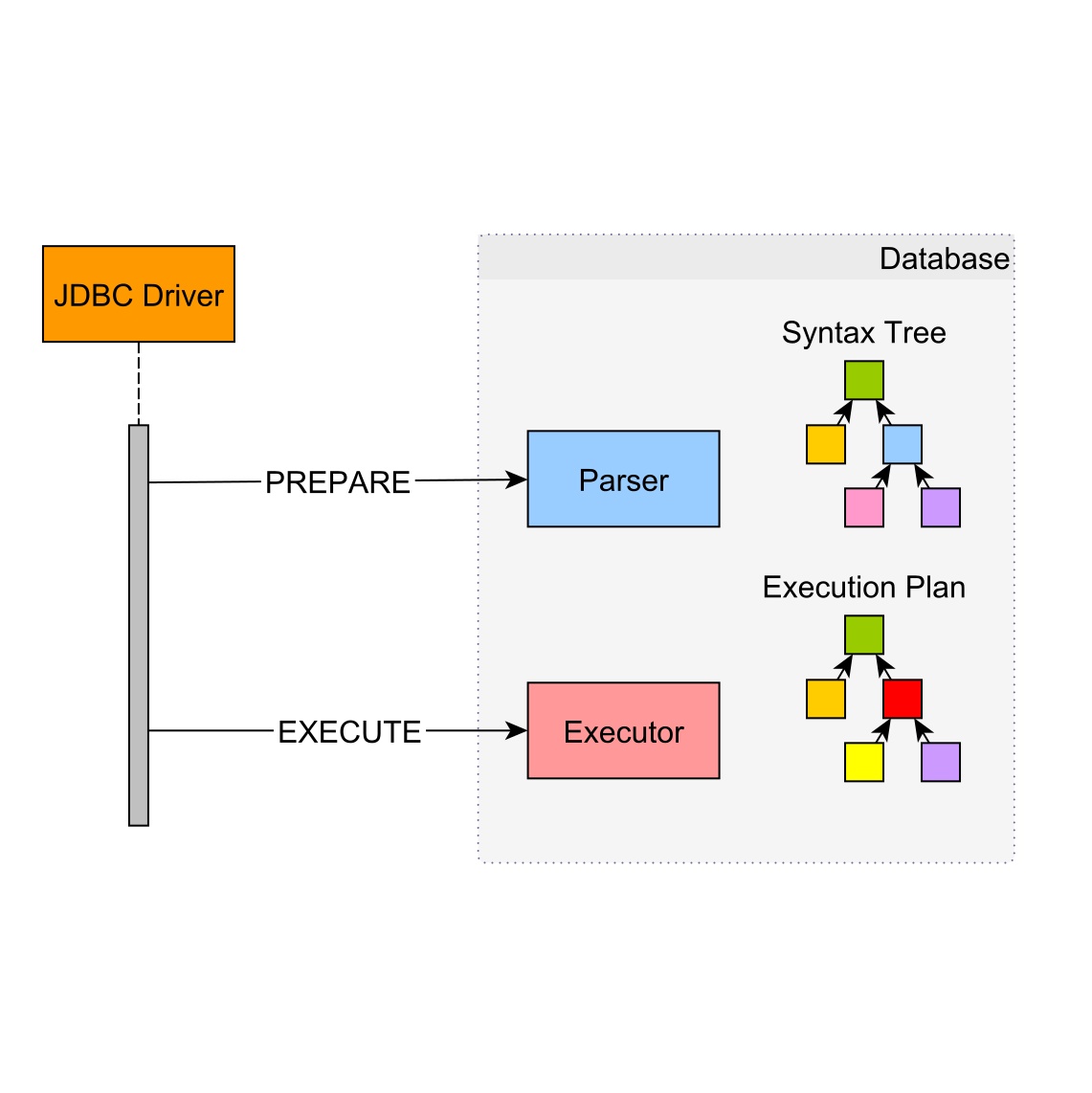
Prepared StatementPrompt #30—Mike Hauser
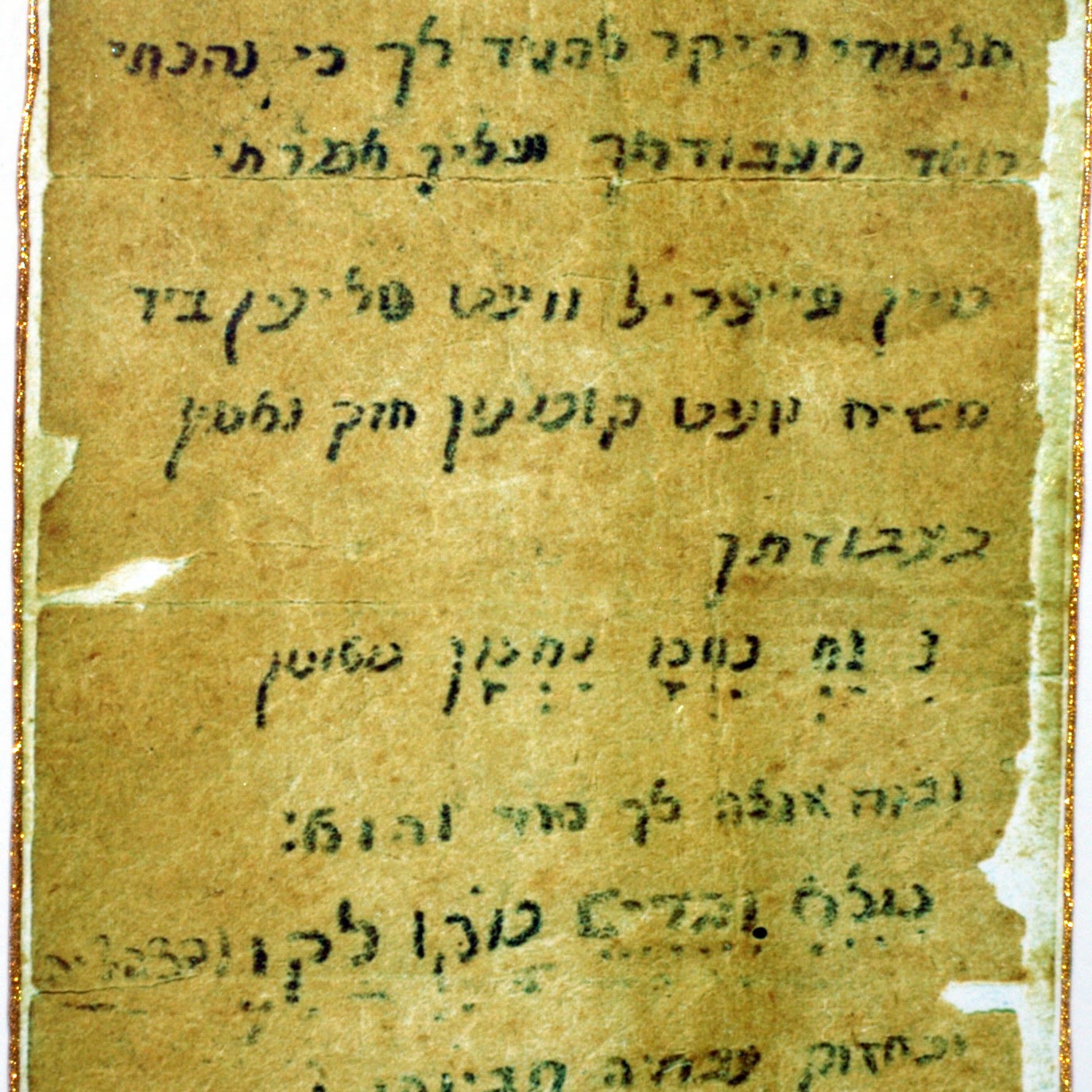
Repeat Repeat WritePrompt #29— Lewis Freedman
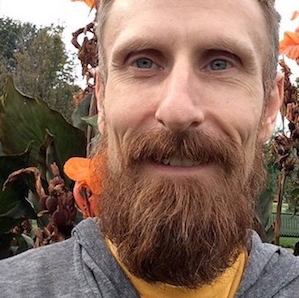
Poetic CorrespondencePrompt #28—Eric Baus

EKPHRASIS YOURSELFPrompt #27—Jennifer Nelson
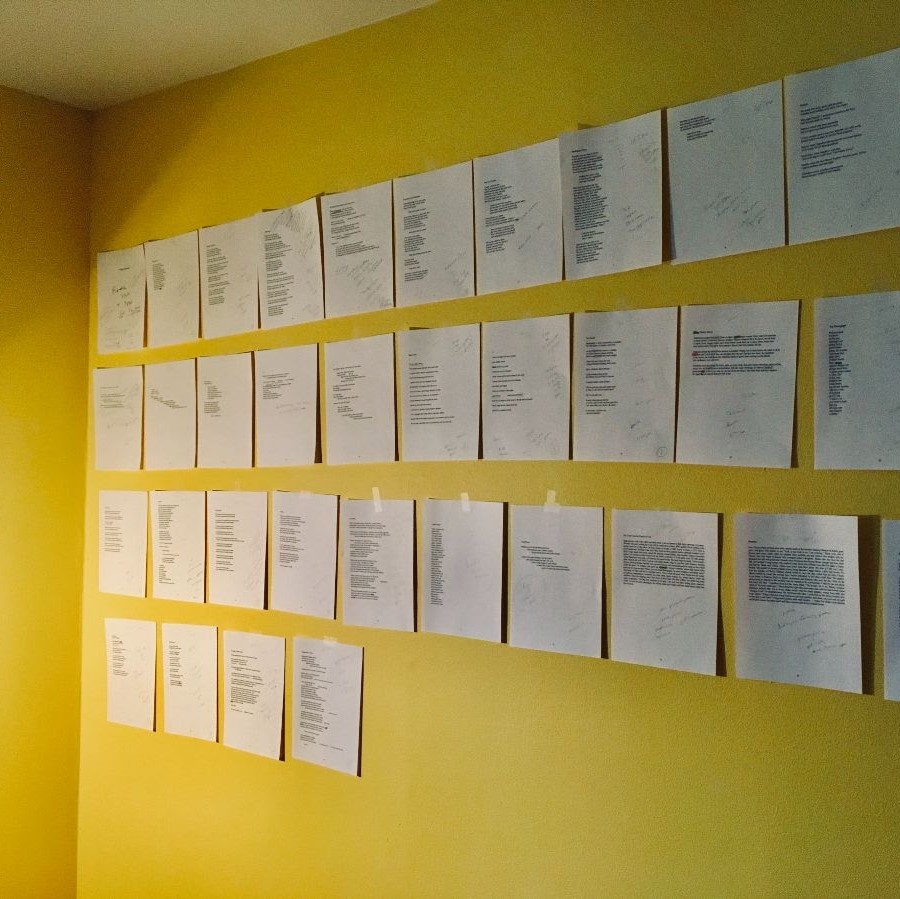
POETRY IS FOR THE PEOPLEPrompt #26—Angela Trudell Vasquez
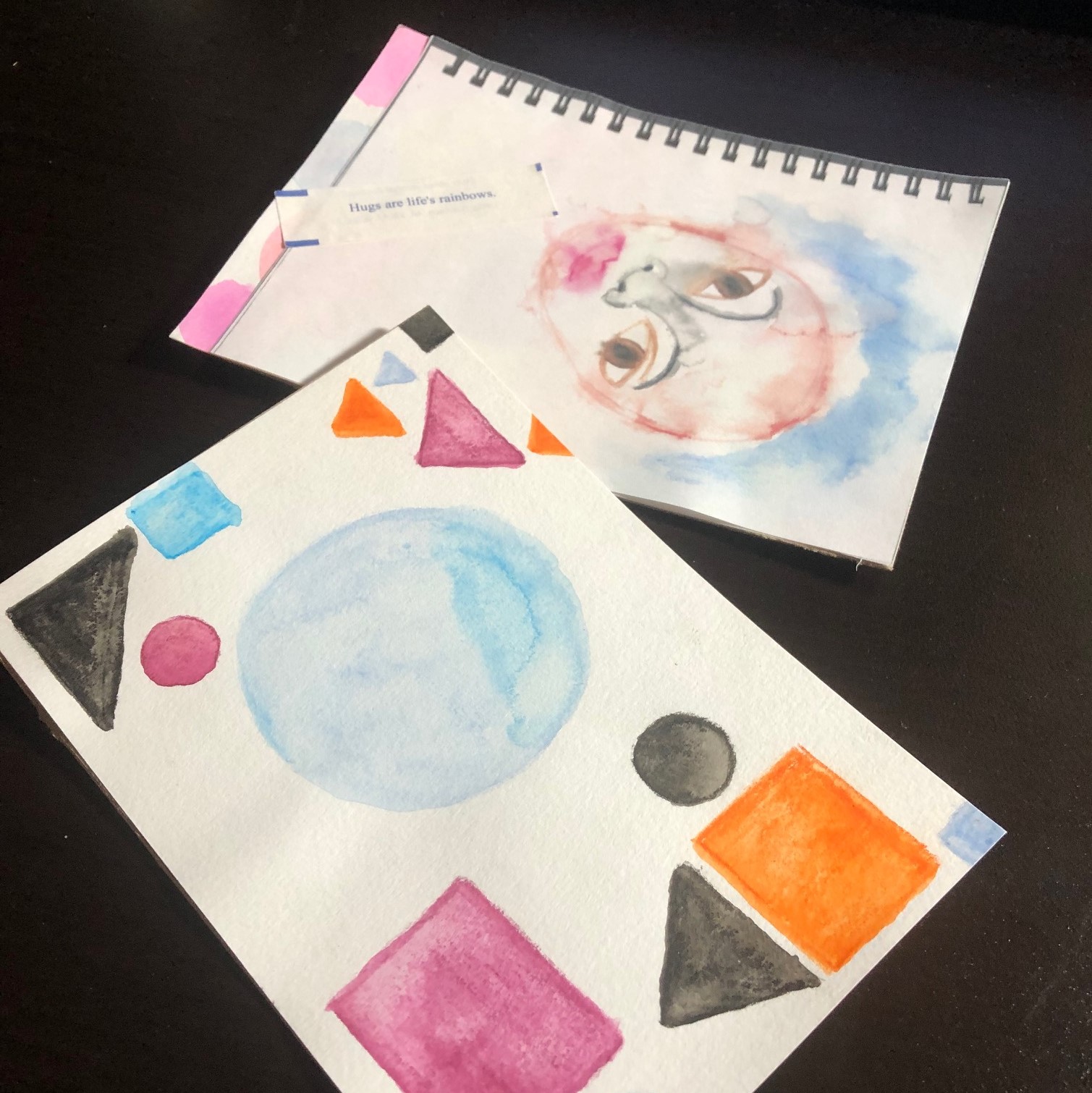
MAIL ARTPrompt #25—Siwar Masannat

VISUAL POSTCARDSPrompt #24—Portia Cobb
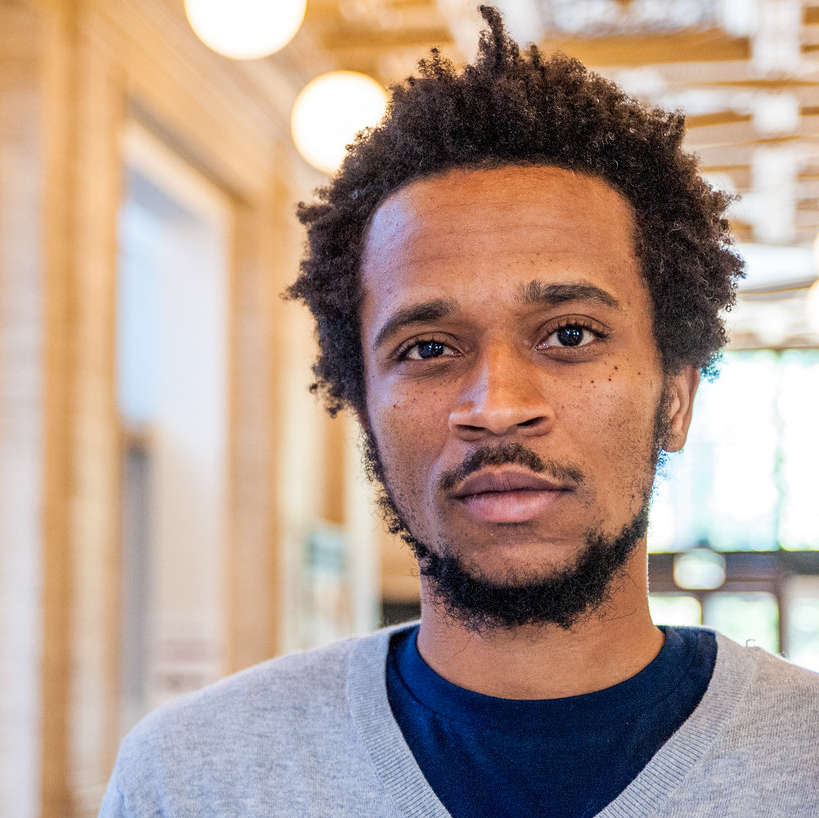
A [LONGER-TERM] DEEP LISTENING PROMPTPrompt #23—Jibade-Khalil Huffman

Humor as Medicine for the SoulPrompt #22—Mauricio Kilwein Guevara

Personification: A Social Justice PromptPrompt #21—Derrick Harriell

Ponge ExercisePrompt #20—Tyrone Williams

Occult DocupoesisPrompt #19—Kimberly Alidio
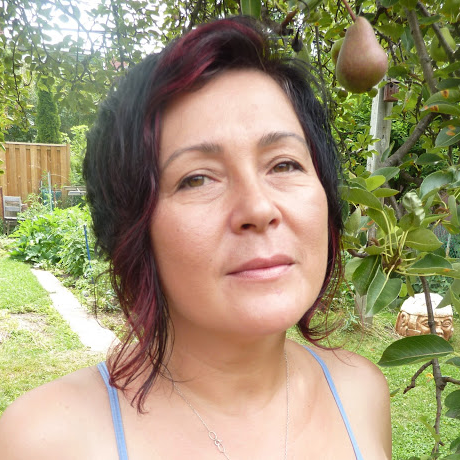
Junk Drawer SongPrompt #18—Hoa Nguyen

TALK TO THE POETSPrompt #17—Stacy Szymaszek

Make-Do Origin Stories & Concrete FuturesPrompt #16—Ching-In Chen

The Family PhotographPrompt #15—Rosa Alcalá

Writing Advice for Your Younger SelfPrompt #14—E.J. Koh
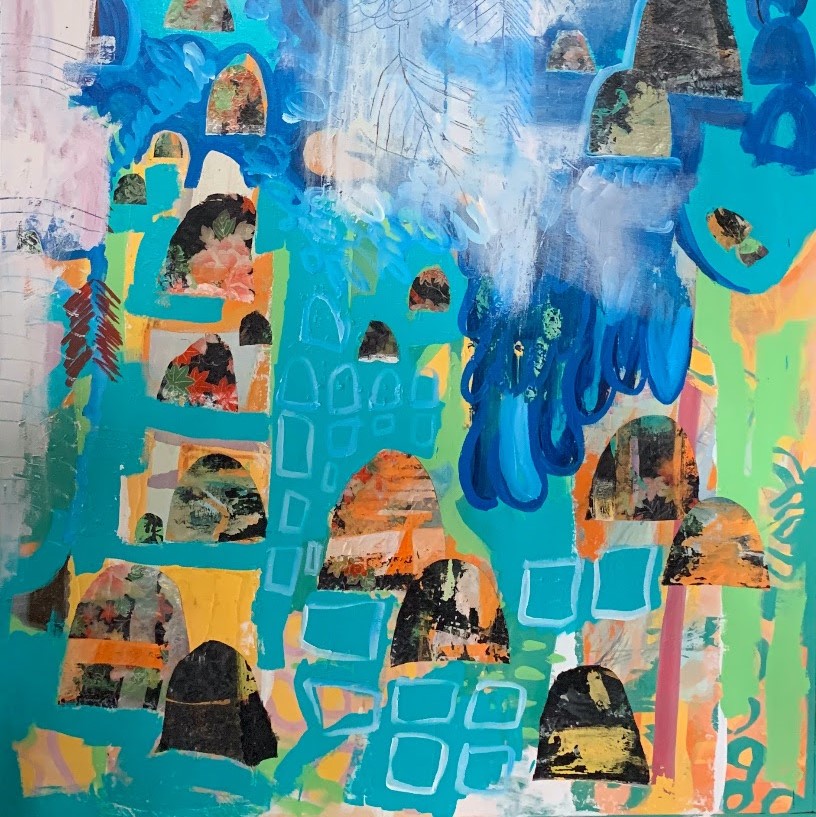
Note(s) to SelfPrompt #13—Stacy Blint
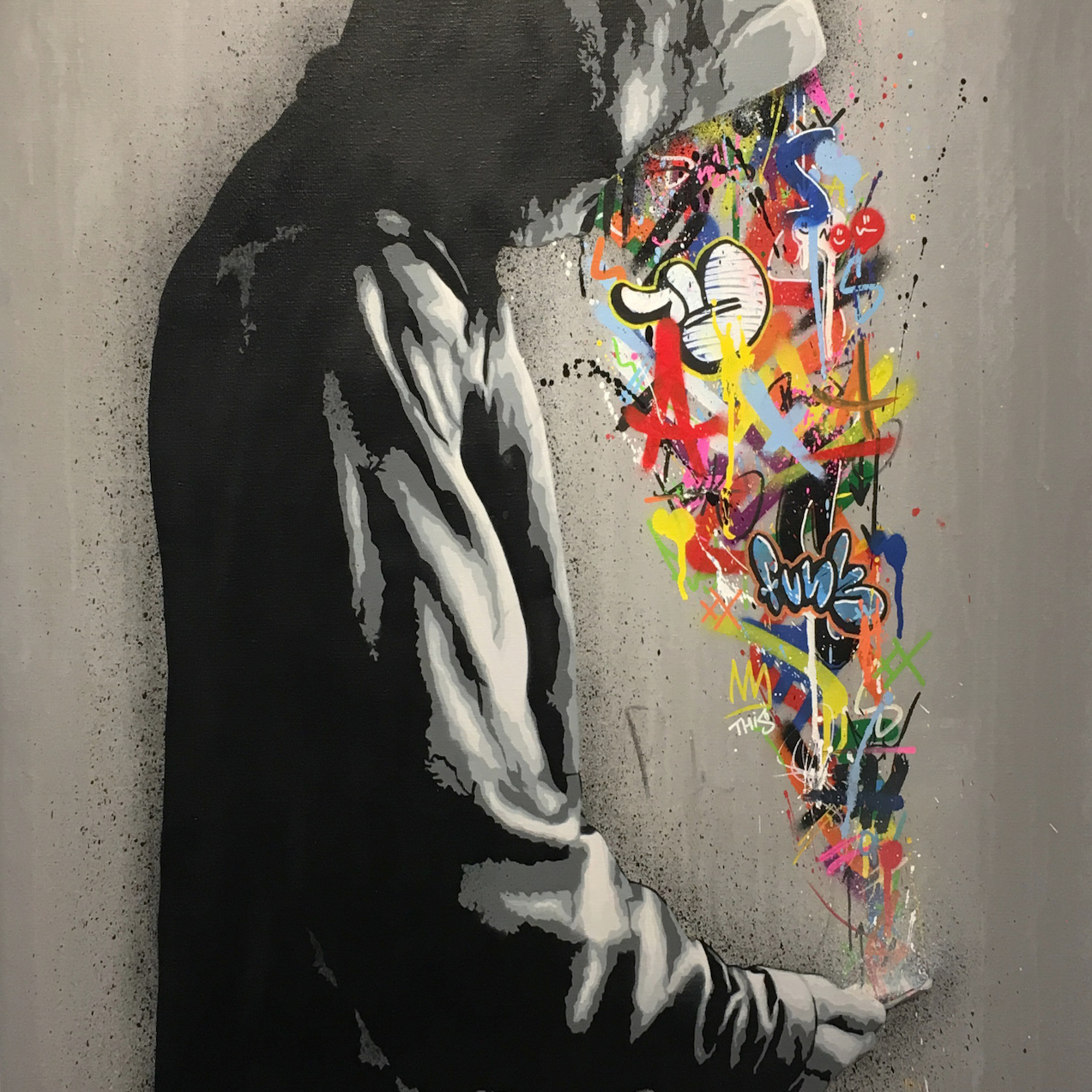
Embracing ConfusionPrompt #12—Bryon Cherry
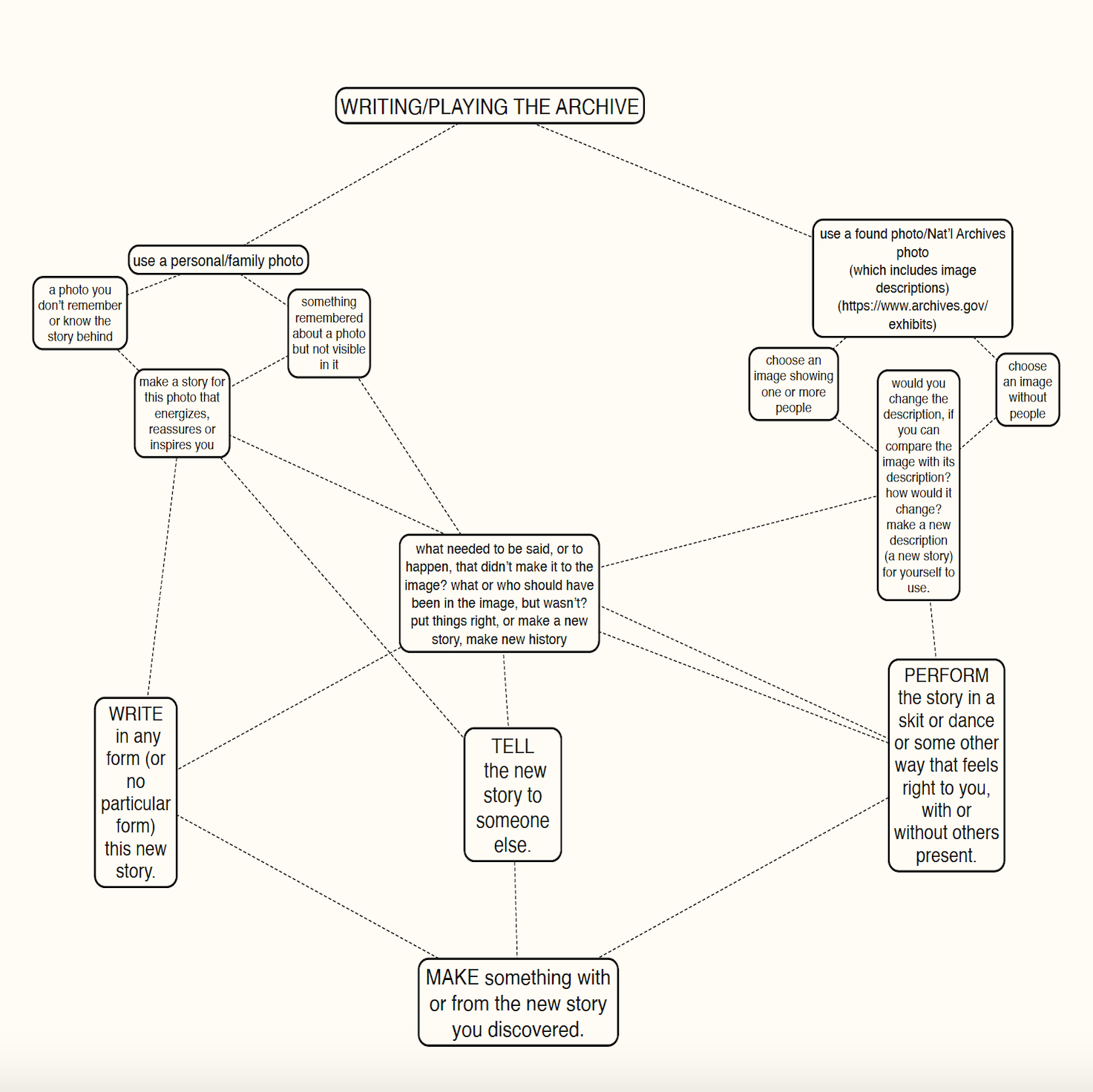
Writing/Playing the ArchivePrompt #11—Jay Besemer

CAPTURED & FREEDPrompt #10—Dasha Kelly Hamilton

Poetic Exit StrategiesPrompt #9—Ana Božičević
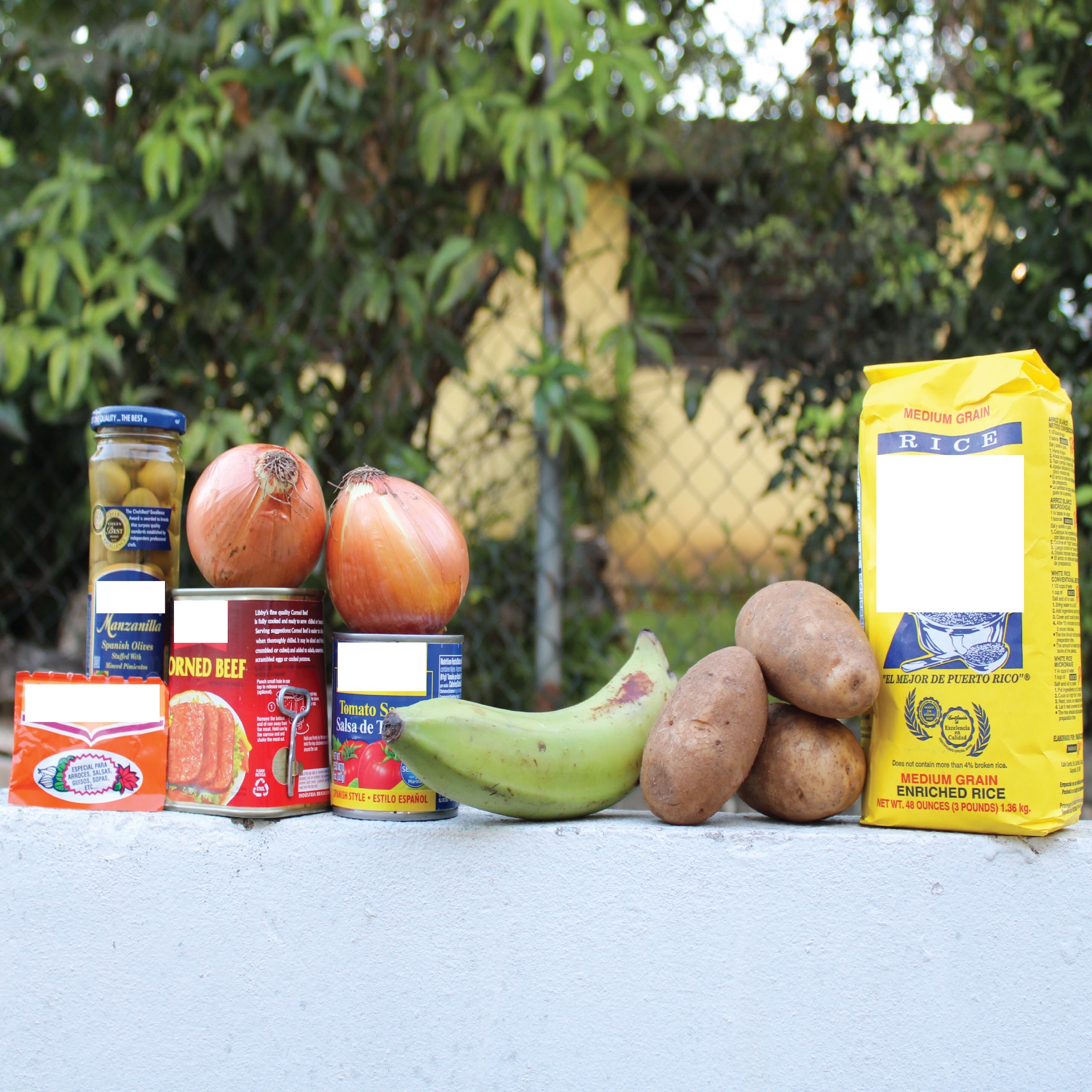
Proyecto ConbífPrompt #8—Erick "CK" Ledesma
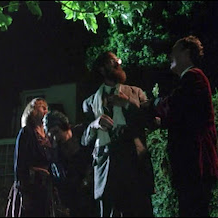
TRILOGYPrompt #6—CA Conrad

Utopian CompromisePrompt #7—Paul Druecke

A Series of RoomsPrompt #5—Laura Solomon
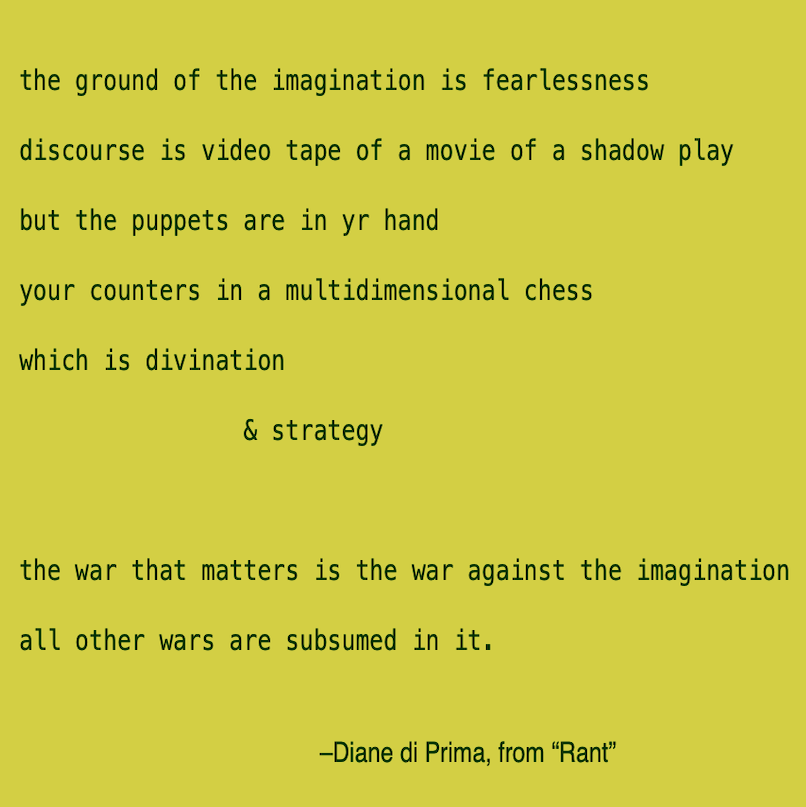
Two Variations on N+7Prompt #4—Jenny Gropp

T H E A P A R T / TOGETHERPOEMPrompt #3—Margaret Rozga
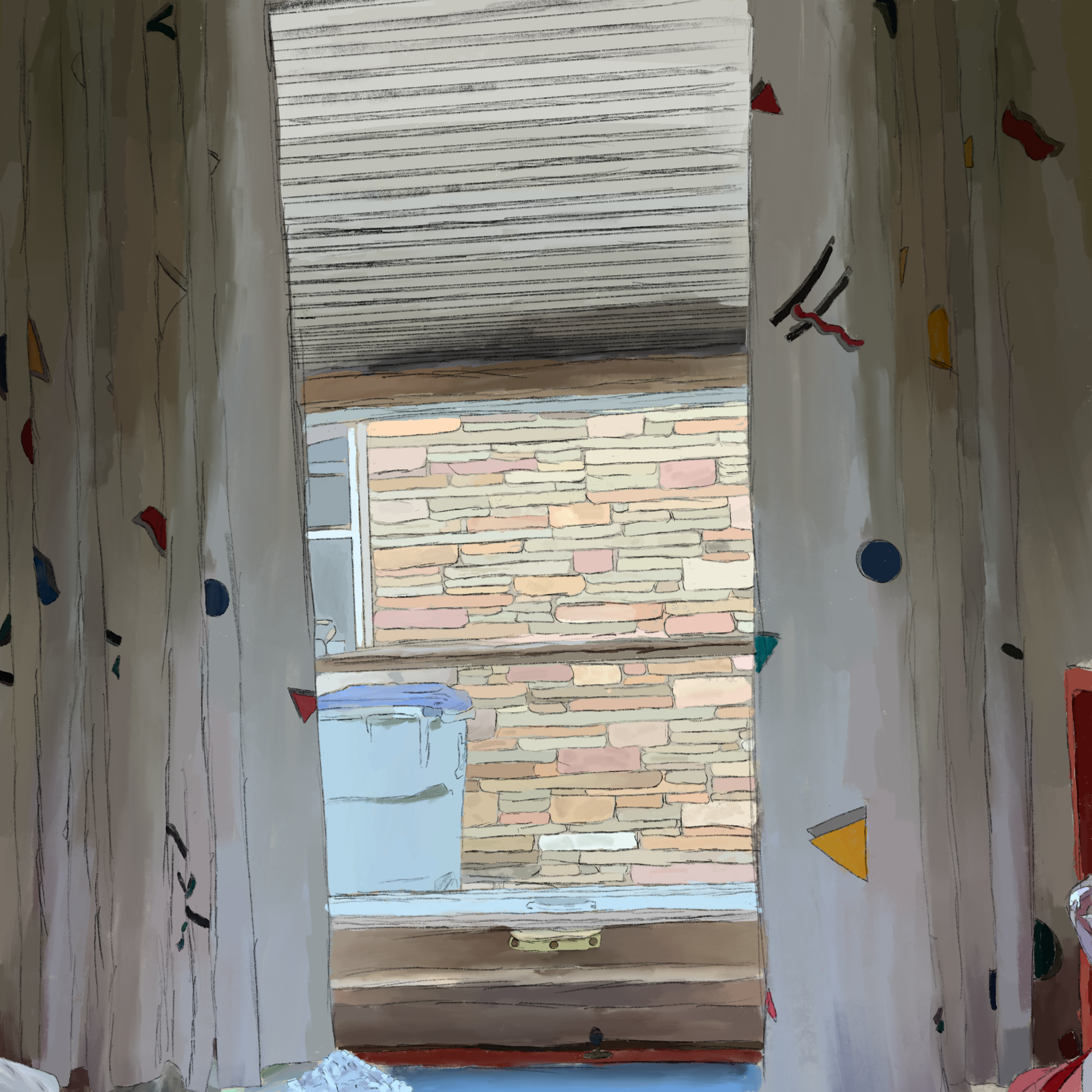
An Exercise in WindowsPrompt #2—Marla Sanvick
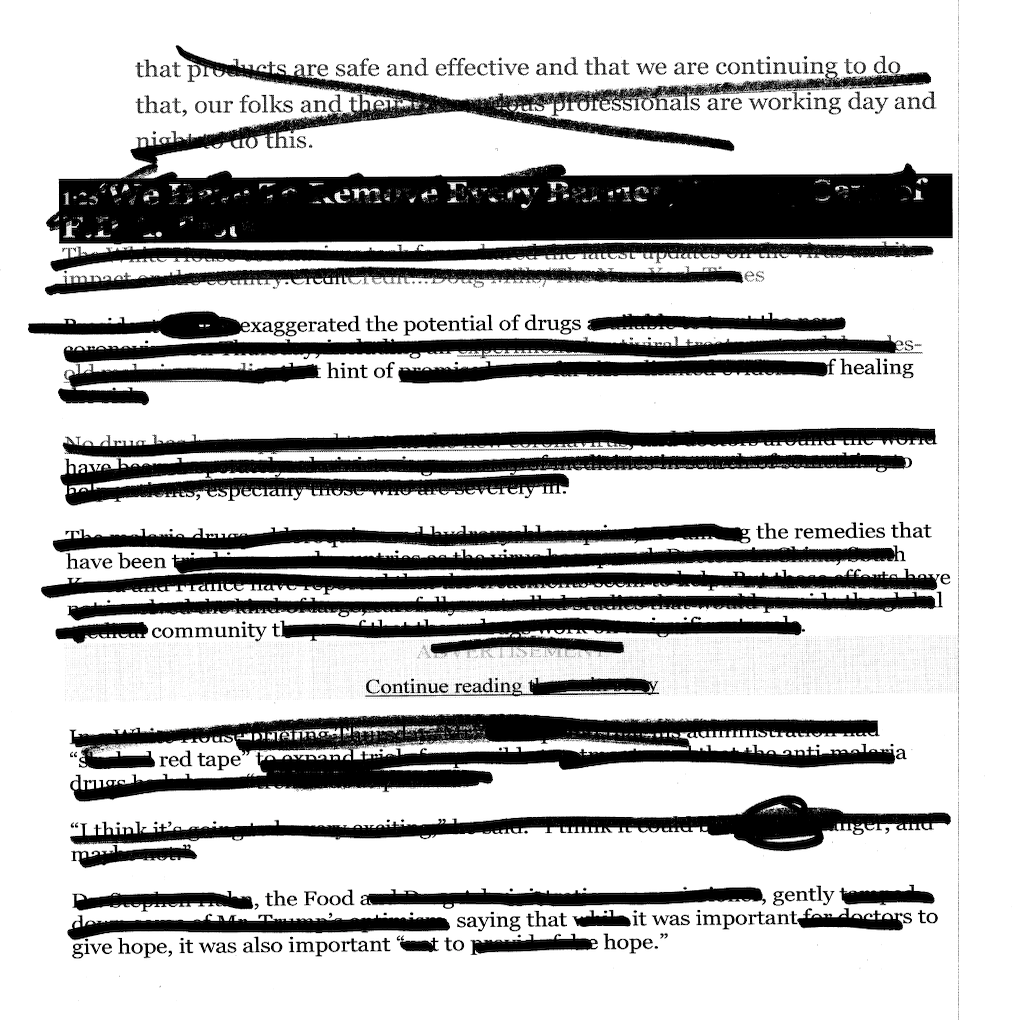
Erasuring AnxietyPrompt #1—Peter Burzynski
We acknowledge that in Milwaukee we live and work on traditional Potawatomi, Ho-Chunk, and Menominee homelands along the southwest shores of Michigami, part of North America’s largest system of freshwater lakes, where the Milwaukee, Menominee, and Kinnickinnic rivers meet and the people of Wisconsin’s sovereign Anishinaabe, Ho-Chunk, Menominee, Oneida, and Mohican nations remain present.
We further acknowledge the grave evil colonialism introduced to these lands through genocide as well as slavery, and also via racist and xenophobic beliefs, laws, and practices that continue to inflict harm upon Black, brown, and Indigenous lives. We honor those who have lived—and do live, now—at these intersections of identity and experience, and are committed to the active dismantling of white supremacy.
720 E. Locust Street
Milwaukee, WI 53212
Phone: 414 263 5001
Hours: Tues–Sun | 12-7 pm
Closed Mon
Building Accessibility: Despite the age of our physical location, and attendant limitations to access, Woodland Pattern is committed to making its programs and facilities available for as many as possible. Please call for more information.
Events Accessibility: Woodland Pattern is able to offer captioning services for its online events and with advanced notice can provide ASL interpretation for live events. Please contact us with accommodation requests and questions.
© Woodland Pattern 2025

